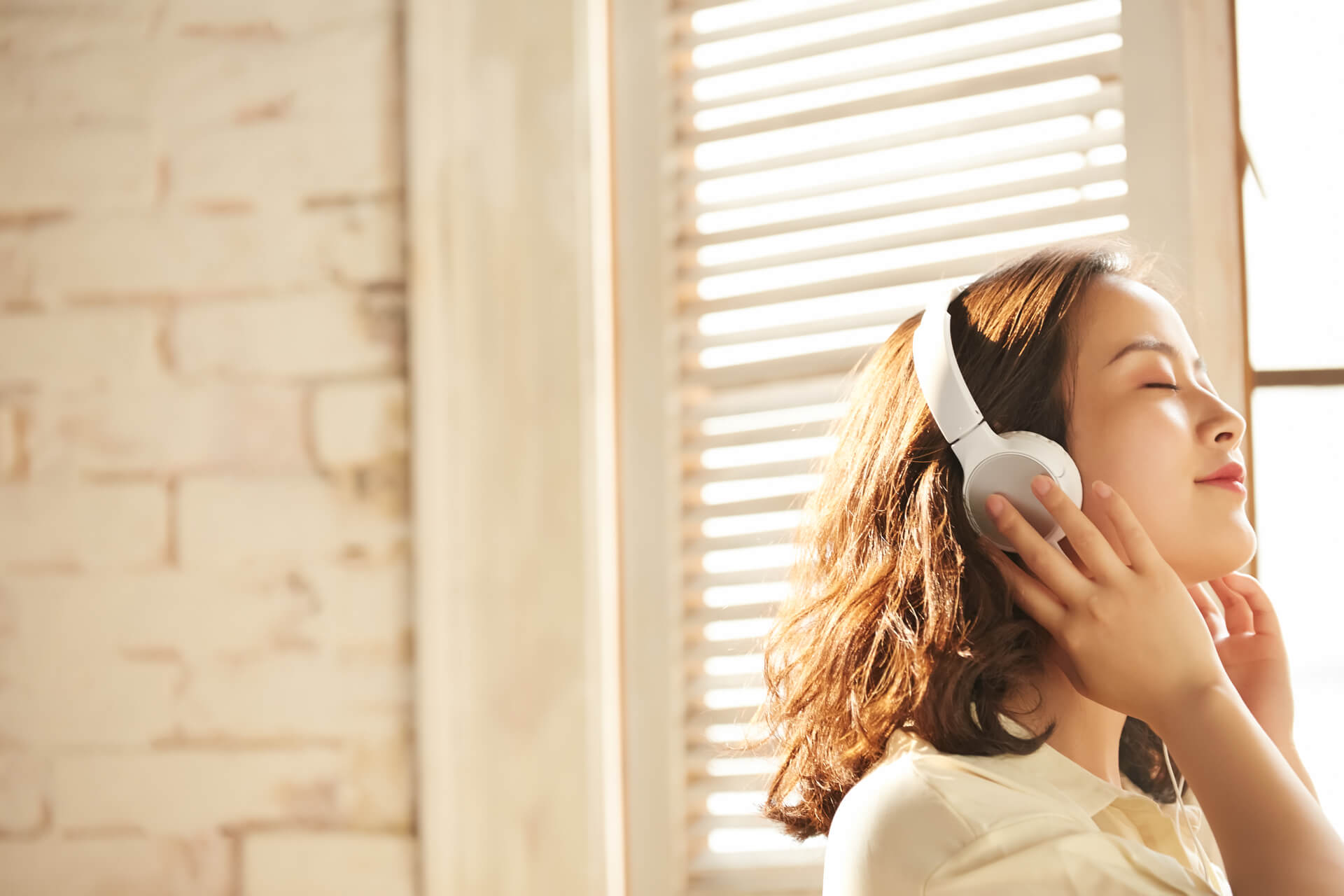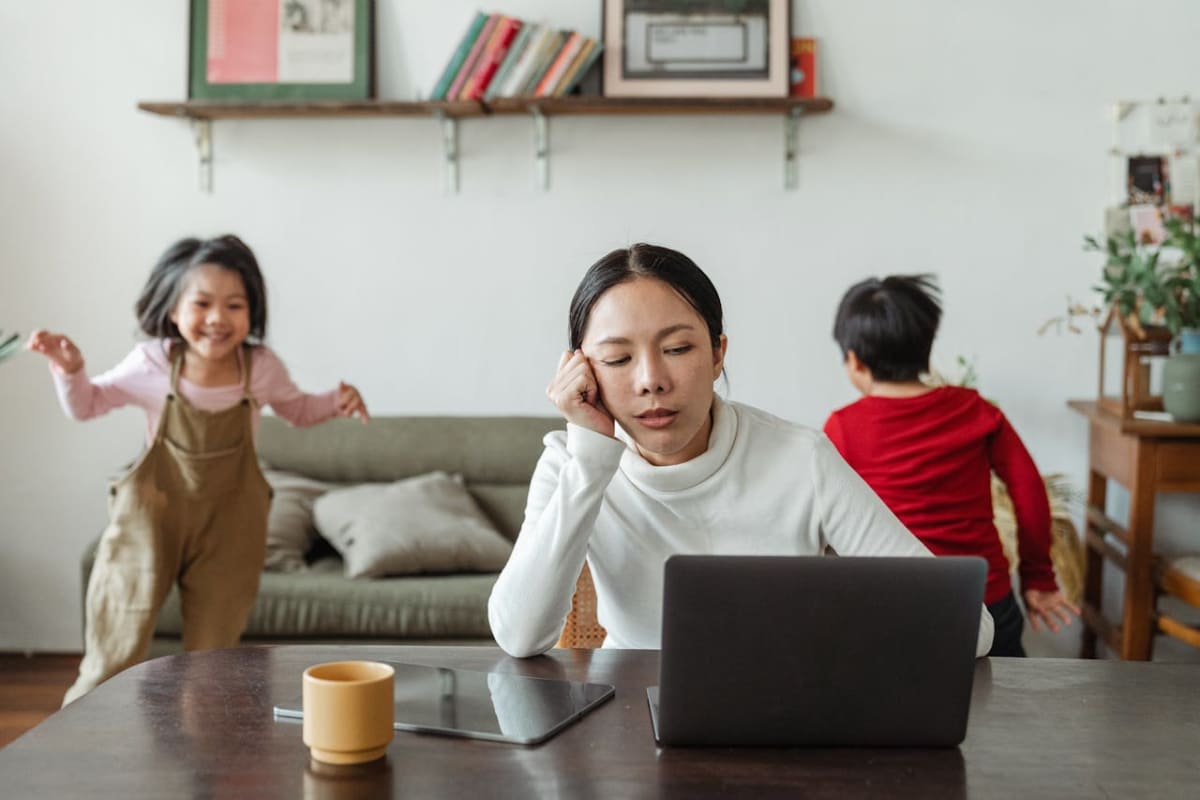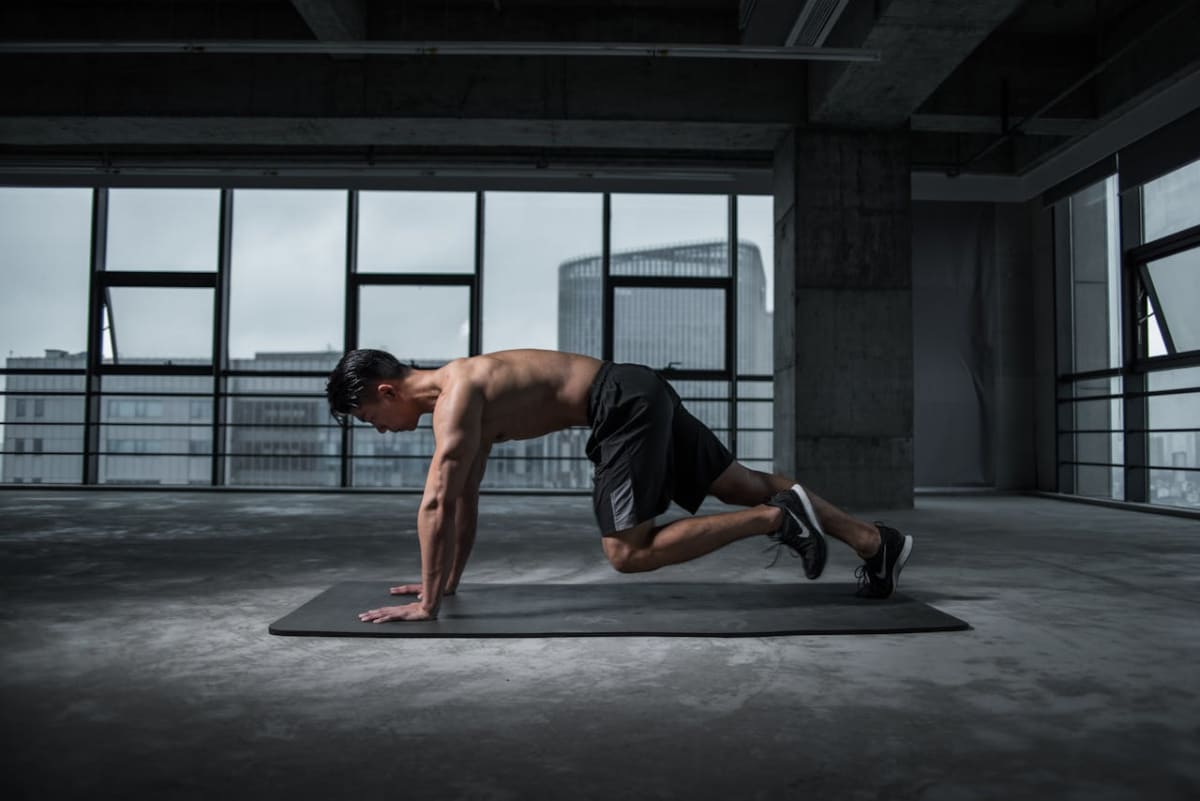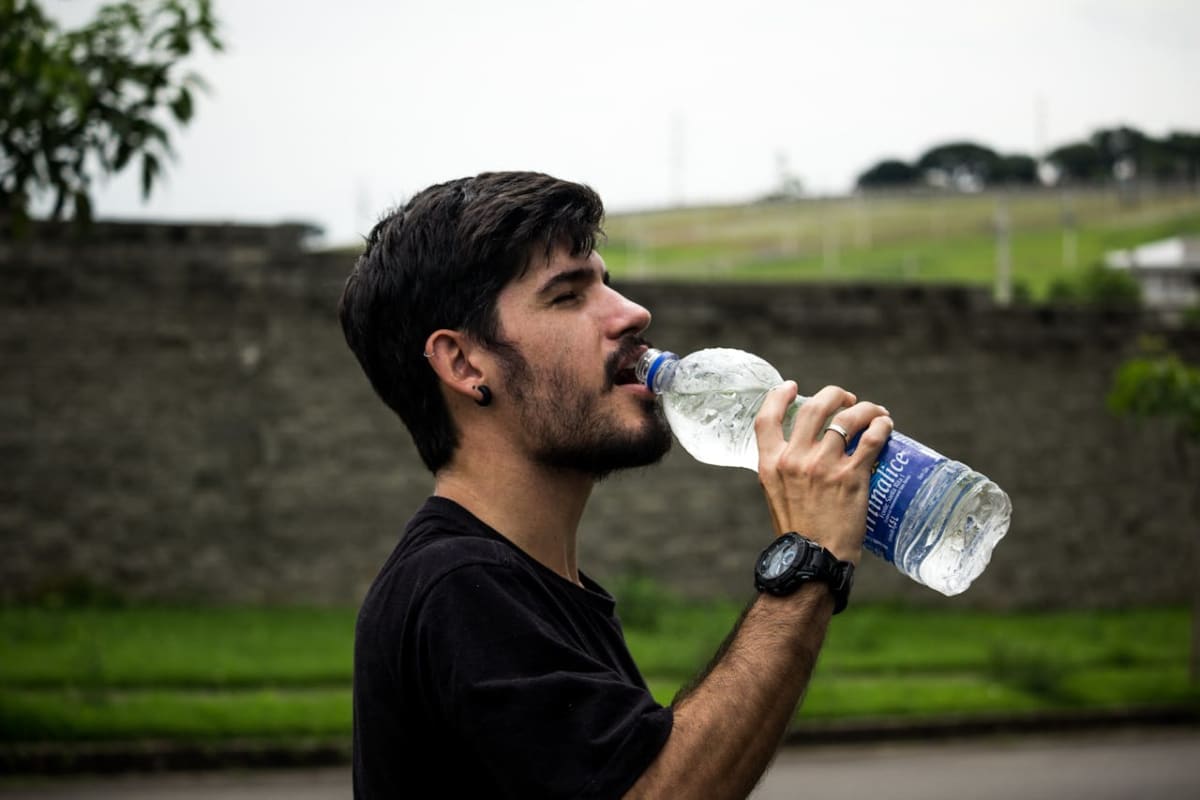If you've got a hard time winding down at night and tend to wake up frequently throughout the night, you're not alone. This is a symptom of insomnia, which is a common sleep disorder in Singapore with a local reported rate of 15.3% according to a study conducted in 1996.
Luckily there are some great aids out there that can help you get relief from sleeplessness as quickly as possible. In this article, we'll cover 7 great insomnia aids to help you fall asleep.

What Is Insomnia?
Insomnia is a sleep disorder that makes it difficult to fall asleep or stay asleep. People with insomnia often wake up feeling tired and unrested, which can lead to problems with concentration, memory, and mood.
People with insomnia often have difficulty falling asleep, staying asleep, and/or waking up too early. Insomnia can cause an individual's sleep patterns to become disrupted, leading to daytime fatigue, irritability, and depression.
Based on a local study conducted in 2017, 13.7% of elderly or older adults aged 60 and above were reported to have at least one sleep problem.
What Is the Main Cause of Insomnia?
The most common cause of insomnia is a sleep disorder.
A sleep disorder may be a primary cause, meaning it's the only thing that's keeping you from getting enough sleep on a regular basis.
Or it may be secondary to another condition, such as depression or anxiety, which might be caused by jobs, environments, or relationships that make it more difficult to fall asleep and stay asleep.
7 Natural Sleep Aids to Help You Fall Asleep
1. Tune In to Soothing Music for Deep Sleep
Listening to music for sleep is a common practice and for good reason. Studies have shown that listening to soothing music can slow down your heart rate and breathing, which can help you reach a relaxed state conducive to falling asleep.

If you're interested in trying out music as one of your insomnia aids, here are the factors to keep in mind:
-
Choose mellow songs with a steady rhythm or beat. The best type of music is instrumental songs without words; however, if you're partial to singing voices, try choosing artists who sing in a low register so their voices won't distract from the beat of the song itself. For both instrumentals and songs that include vocals, avoid anything too heavy or loud—you want something soothing!
-
Listen at low volume through headphones set on your pillow next to you rather than on speakers across the room, which will more easily carry noise into adjacent rooms where other people are sleeping (or trying to).
-
Before bed, create a playlist of your favorite relaxing songs—this will take some of the pressure off once you're actually lying awake in bed!
These are a couple of my favorite playlists on Spotify you could listen to:
-
https://open.spotify.com/episode/161jUohYKdQWXNYzRkGj4J
-
https://open.spotify.com/album/2nwNOvQh7Iza0ygYKOapOc
2. Drink Chamomile Tea

Chamomile tea is a natural sleep aid that's been used for thousands of years. Chamomile tea makes you feel sleepy and can be a healthy way to fall asleep and improve your sleep quality.
Chamomile flower extract contains a chemical compound called Apigenin, a common and widely distributed flavonoid in the plant, which is known to decrease anxiety and initiate sleep. It also has other calming properties.
In addition to promoting healthier sleep, chamomile can help soothe the stomach and skin.
3. Exercise Regularly and You Could Sleep Soundly
There’s a reason why exercise is recommended for improving sleep quality. It helps you sleep more deeply and awaken less throughout the night.
Exercise also decreases the risk of chronic diseases, which may interfere with your sleep, including heart disease and diabetes.
However, if you have insomnia it’s important to be aware of some guidelines:
-
Exercise regularly, but not too much or too close to bedtime
-
Do more cardiovascular exercise than strength training
4. Practice Meditation and Relaxation Technique
In addition to napping, there are several techniques that can help you relax. Meditation and visualization techniques can help you relax by focusing your thoughts on the present and getting your mind off of what is bothering you. When done correctly, deep breathing exercises can be a form of meditation.

Progressive muscle relaxation requires you to tense and then release specific muscles in order to help relax your body.
All these activities require less effort than sleep - they are more relaxing than they are like sleeping - but they do have some impact on insomnia.
5. Start with Yoga

Yoga is one of the best ways to promote relaxation and unwind after a long day.
Like meditation, yoga is a form of exercise that also encourage relaxation by helping you focus on the present in order to take your mind off of everyday stresses.
It's also a great way to make sure that you're ready for bed when you need some shut-eye because yoga is considered a low-impact activity,
6. Practice good sleep habits
You can also help yourself get a good night's sleep by practicing good sleep habits. This is extremely important when you're dealing with insomnia.
Below are some habits you could follow:
-
Avoid caffeine, nicotine, and alcohol in the late evening.
-
Develop a regular sleep schedule.
-
Avoid large meals and beverages late at night.
-
Wind down before going to bed (e.g., take a hot bath or read a book).
If you are still awake after 20 minutes, get out of bed and do something relaxing until you feel tired enough to sleep again.
7. Melatonin
Melatonin is a hormone produced in the pineal gland, a pea-sized structure in the brain that regulates our biological clocks.
Melatonin supplements can help you fall asleep, and are particularly useful for jet lag or if you have an irregular sleep schedule. Over-the-counter melatonin is available at many drug stores and pharmacies, and its use has increased significantly over the past few years.
Melatonin should not be taken without first consulting your doctor if you have severe depression, seasonal affective disorder (SAD), schizophrenia, autoimmune diseases, endocrine disorders, or cancer.
As with most supplements and drugs, there are some potential side effects of melatonin: vivid dreams or nightmares, daytime sleepiness, nausea/upset stomach, and reduced libido
Conclusion
So there you have it - 7 insomnia aids to help you fall asleep.
There are many insomnia aids out there, and each person will have their own preferences based on what they've tried before.
I hope some of these insomnia aids work for you.



